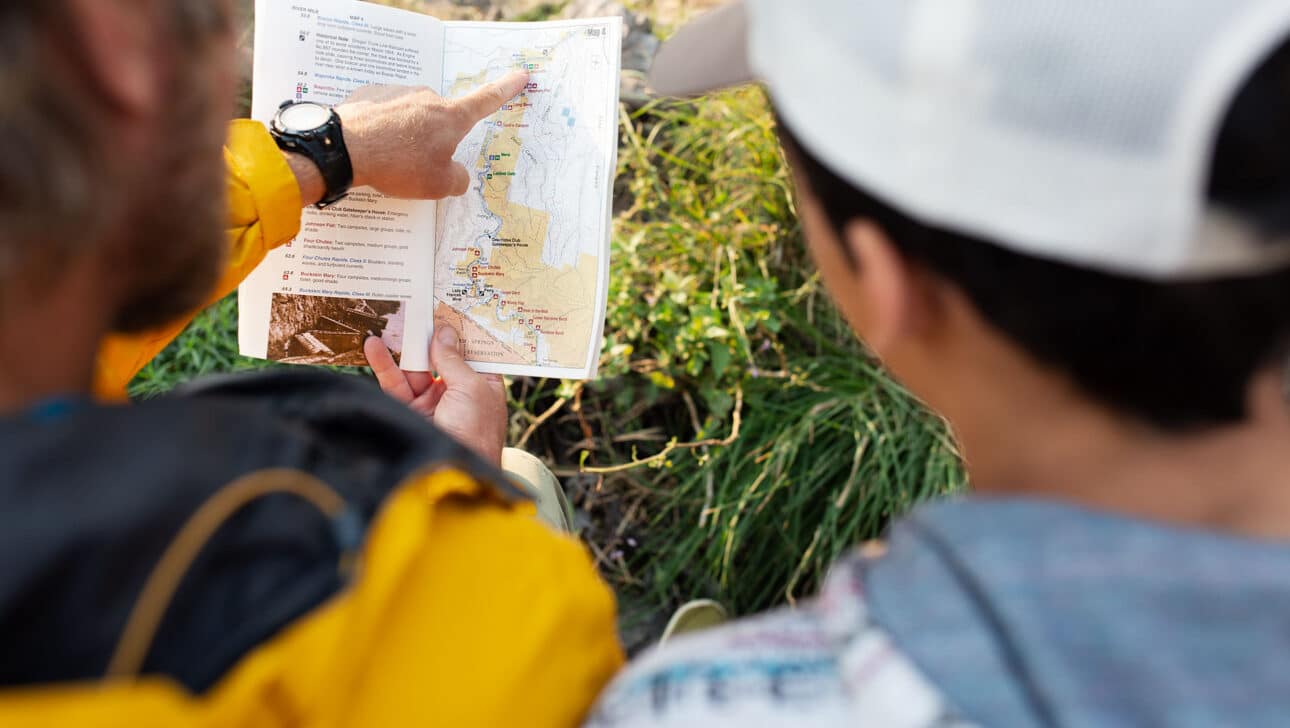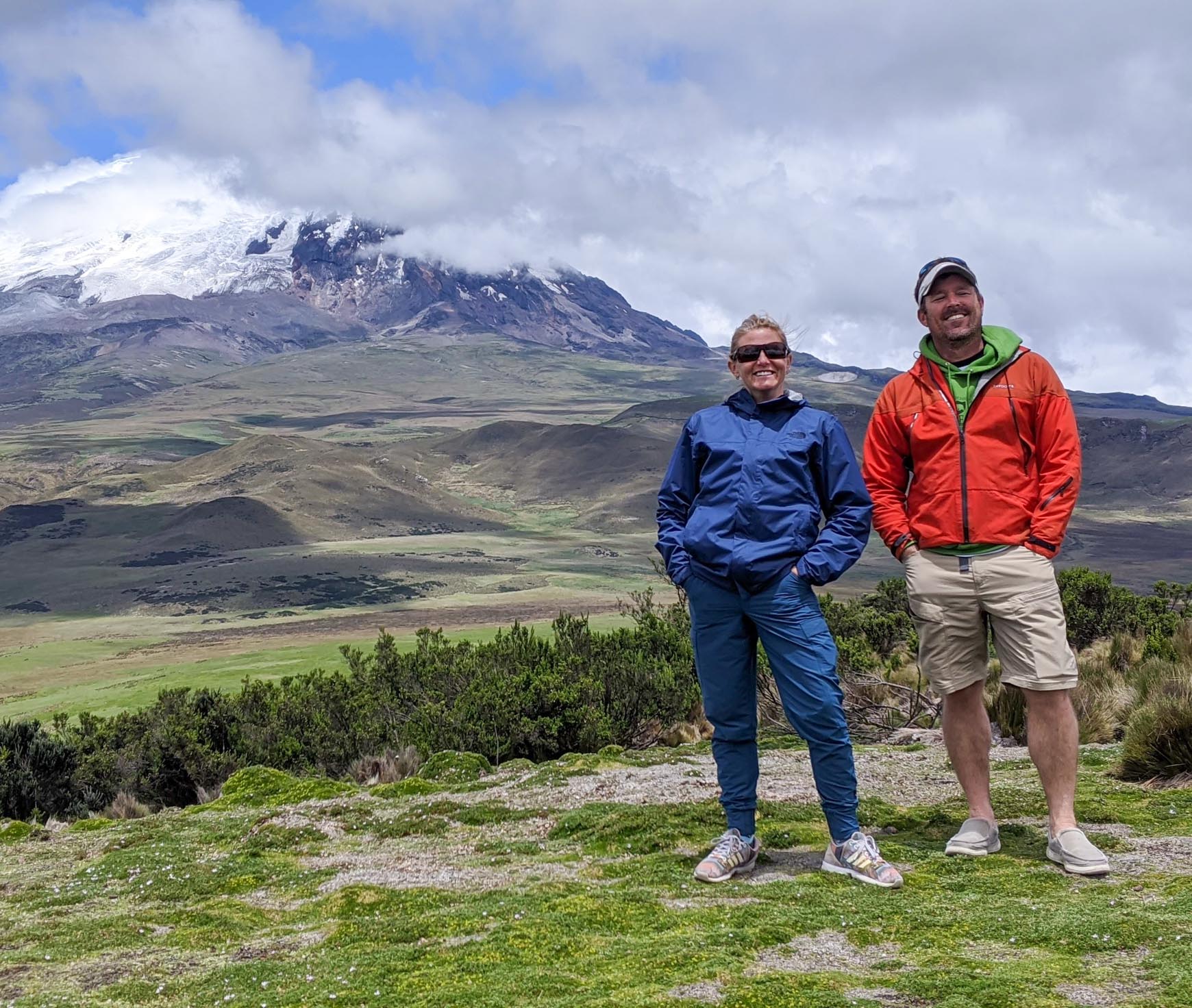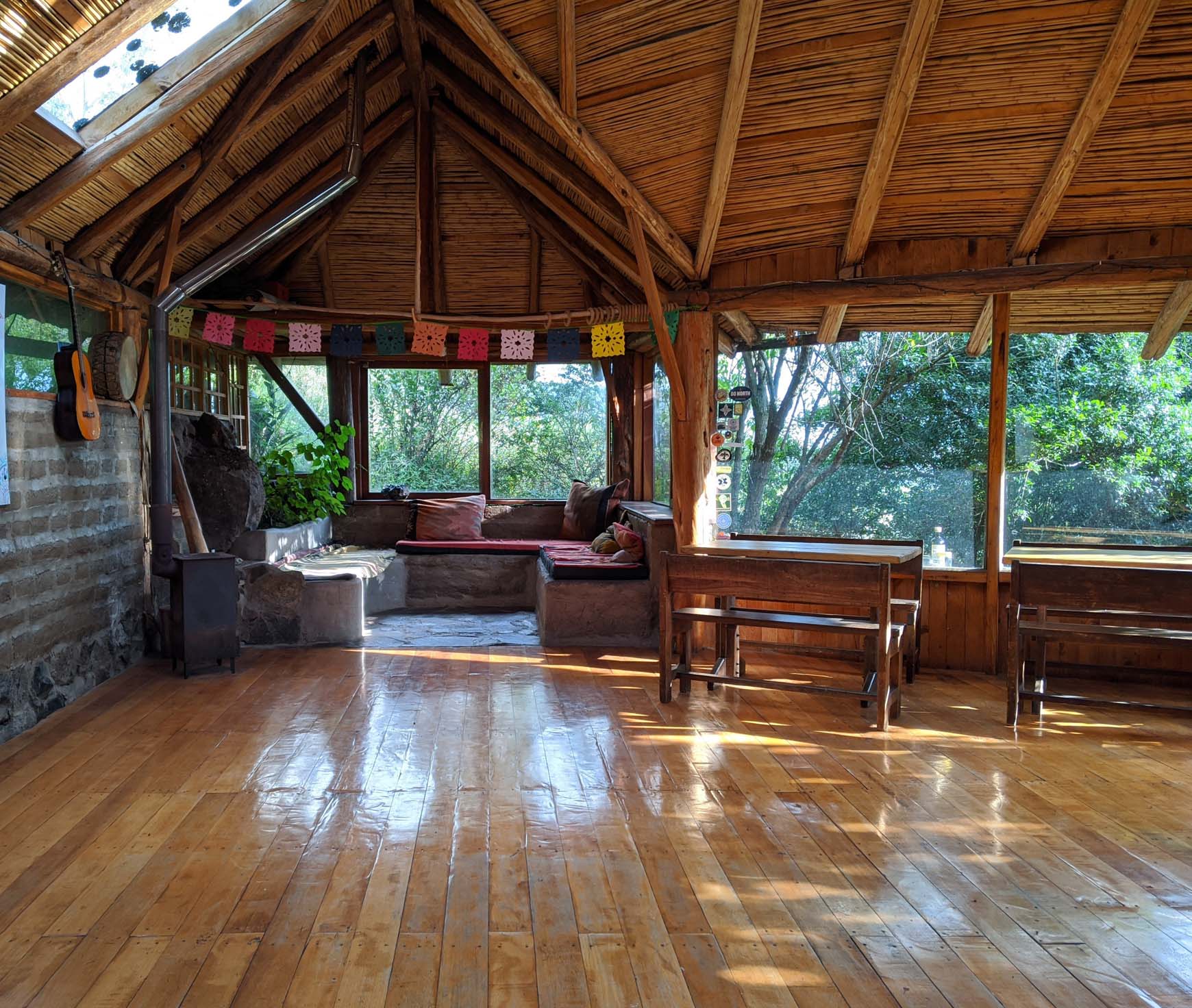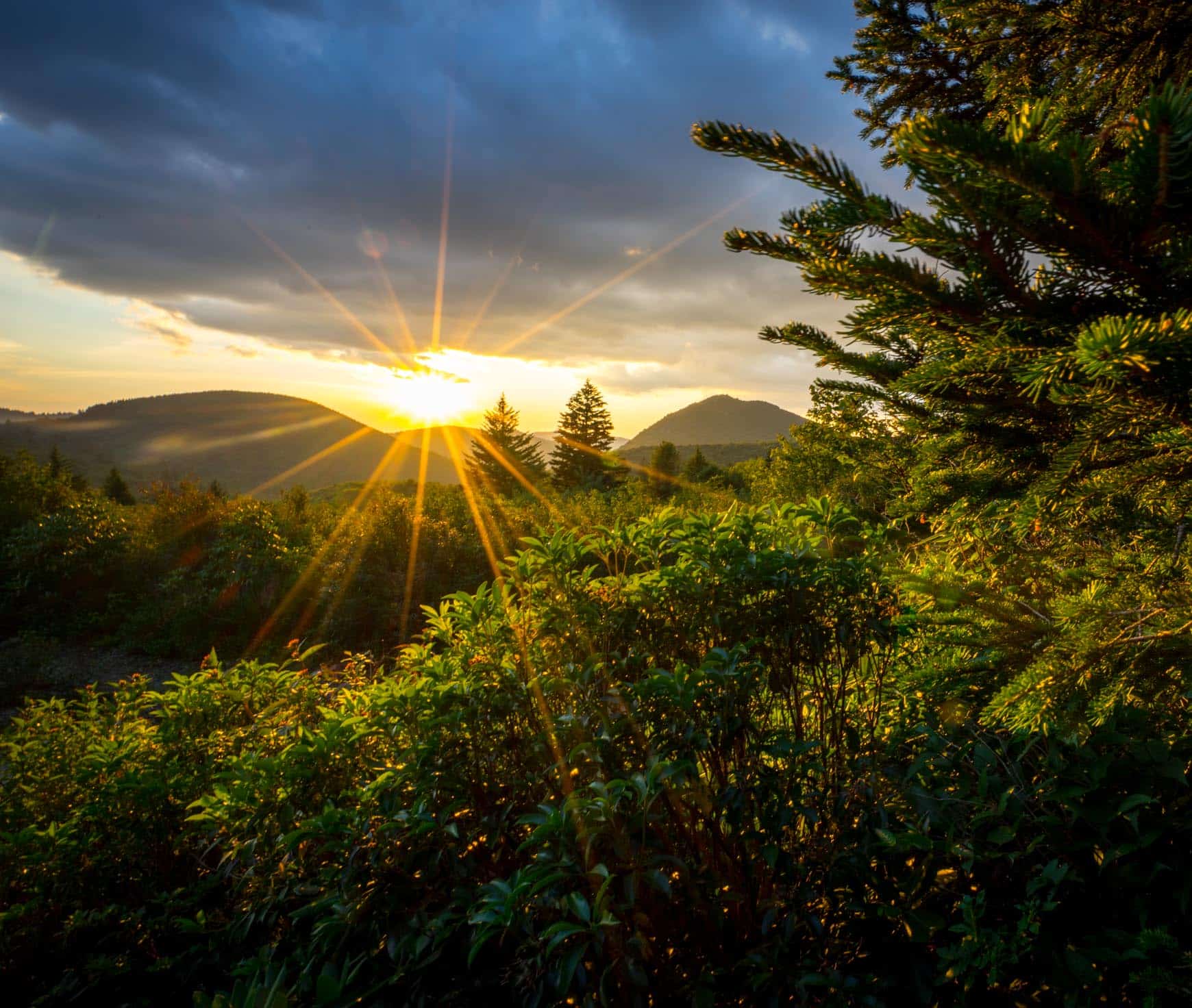Gap Semester
Gap Semester — Pacific Northwest & Ecuador
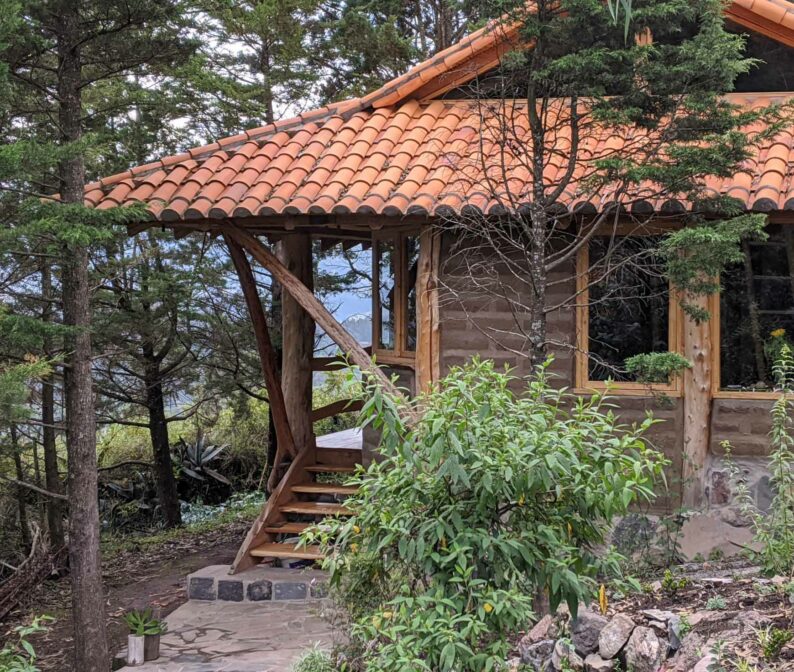
Adventure First
From the whitewater rivers of Oregon to the peaks of the Ecuadorian Andes you’ll enjoy an entire semester of adventure travel! International programming with the National Center for Outdoor & Adventure Education (NCOAE) provides unparalleled adventure. Our 60-day International Gap Semester offers cultural exchange, remote mountainside campsites, and dense jungle trails, along with the skills and tools to expand your education and your view of the world.
Our classroom on this adventure will stretch from the Cascade Mountains and rushing rivers of the Pacific Northwest to the snow-capped volcanoes of Ecuador and the magical greenery and lushness that the Amazon basin provides. Within this landscape, you’ll develop solid outdoor skills and explore issues in environmental sustainability, while integrating a sense of community and adventure.
Let you adventurous spirt run free as this 60-day gap semester program takes you on journey from the beautiful Pacific Northwest, all the way to Ecuador in the heart of South America. On this trip you’ll experience such wonders as hiking through the Andes Mountains and rafting the Amazon river.
Head to the Pacific Northwest for Wilderness First Responder training. After training, head out onto the Deschutes River for a multi-day whitewater rafting adventure, as we develop leadership and outdoor technical skills!
Explore Oregon’s famous wilderness area, the Three Sisters Wilderness as you practice map and compass navigation, plant and animal identification, and backcountry cooking – eating wonderful food we prepare ourselves.
Next, travel to Quito, Ecuador for the final leg of your adventure! Working with our local contacts at Palugo Farm, we’ll explore some of the most intricate techniques to sustainable farming, from gardening and cooking, to cleaning and animal work.
NCOAE’s 60-day International Gap Semester course is exceptional, with a unique combination of adventure and skill development, including: outdoor leadership, map and compass navigation, plant and animal identification, outdoor technology and more. You’ll develop technical skills with raft guiding, backpacking, basic mountaineering, backcountry cooking, wilderness camping, and international travel.
While in Ecuador, explore the Amazon and mountains of Cotopaxi National Park on multi-day expeditions, as you discover the dense ecology and rich biodiversity that the area encompasses. Experience cultural immersion, through home stays, as you learn about the traditions of the local indigenous communities.
At the end of this course you’ll be able use these newly developed skills to travel & work in pristine locations around the world!
EDUCATION ALWAYS
- Environmental Ethics: Cultivating an understanding of human impact on the environment and promoting a responsibility to protect and conserve natural spaces.
- Cultural Awareness: Gaining insight into local ecosystems and indigenous traditions, while appreciating the value of diversity in outdoor environments.
- Reflective Learning: Encouraging regular reflection on experiences to deepen connections between adventure-based activities and academic or personal growth.
- Outdoor Leadership: Developing leadership and decision-making abilities that extend beyond the outdoors and into everyday life.
- Wilderness Medicine Education: Offering foundational education in wilderness medicine to prepare participants for first-aid and emergency situations in remote settings.
- Certifications & Accreditation: Providing opportunities for participants to earn recognized certifications, such as Leave No Trace (LNT) and Outdoor Leadership.
- Academic Credit: Earn academic credit for independent study through your post-secondary institution.
Course Details
• Leadership: Learn to take initiative, make informed decisions in dynamic outdoor settings, and lead peers through critical thinking, collaboration, and self-confidence.
• Outdoor Skills: Develop essential wilderness skills such as land and river navigation, expedition mentality, camp craft, Leave No Trace principles, wilderness medicine, and fostering independence and a strong connection with nature.
• Effective Communication: Enhance verbal and non-verbal communication to improve teamwork, promote safety, and build strong relationships within the group.
• Problem-Solving and Adaptability: Build the capacity for creative problem-solving and adaptability in unpredictable environments, developing resilience in overcoming challenges.
• Teamwork and Collaboration: Strengthen the ability to work cohesively as part of a team, sharing responsibilities and supporting one another to achieve common objectives.
Your work during our 60-day Gap Year / Semester course is eligible for up to six college-level credits through The University of North Carolina – Wilmington.
- EVS 485: Issues in Sustainability: 6 credits
- EVS 592: Issues in Sustainability: 6 credits
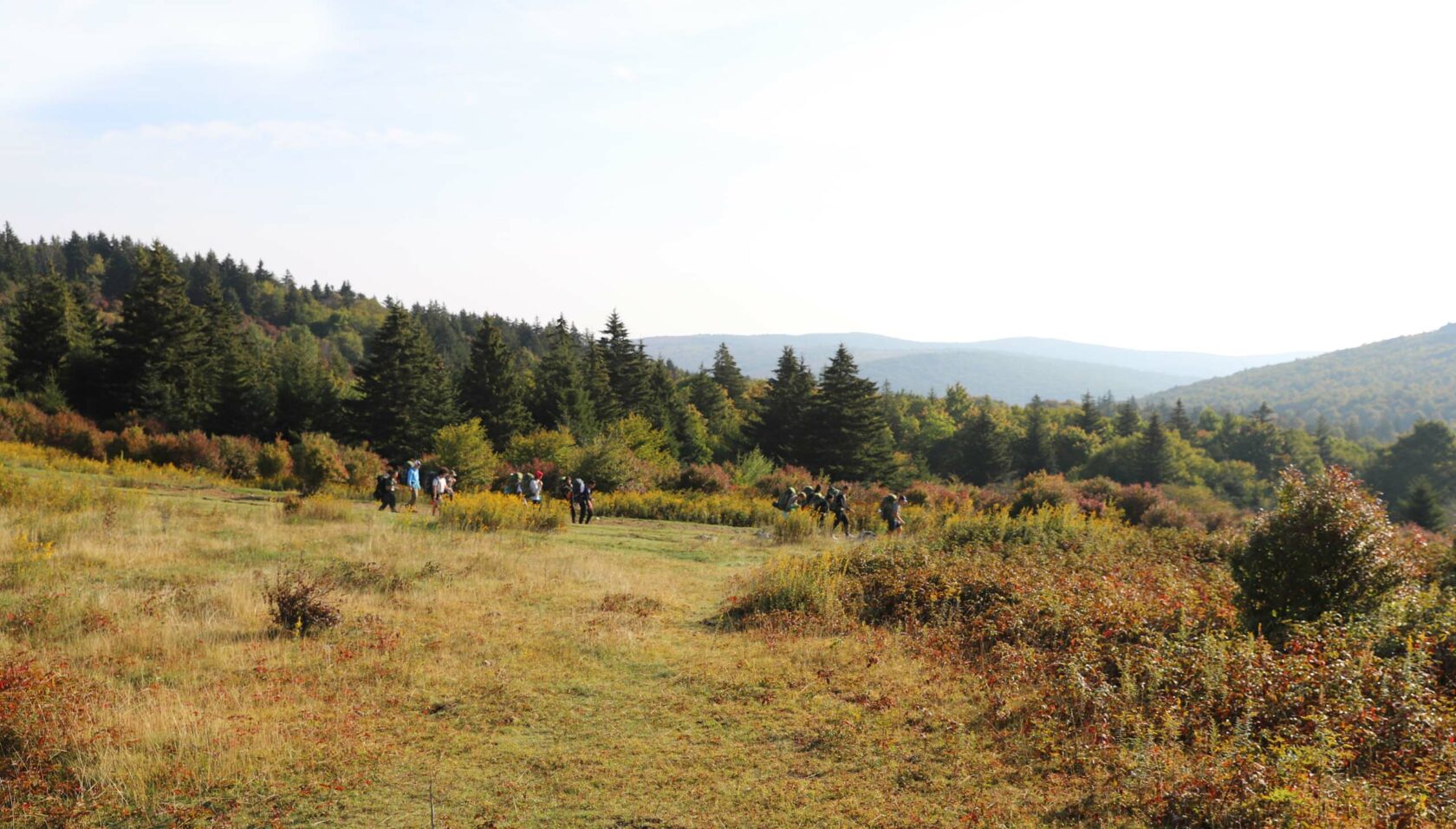
Highlights
- Gain new skills in leadership, expedition travel and emergency medicine
- Make new friends and lasting memories
- Explore Oregon’s remote and wild high desert mountains from the trail to the rivers
- Explore the Amazon jungle by katarafting the Amazon River
- Eat amazing backcountry foods and Ecuadorian meals
- Travel through the glacier mountains of the Andes
- Challenge yourself like never before
- Earn college credit
On the Map
- Deschutes Wild & Scenic River
- Three Sisters Wilderness
- Quito, Ecuador
- Cotopaxi National Park
- Amazon River Basin
Talk to Us
Have any further questions about the course location, what you'll learn, or what else to expect? Contact us, we're here to help!
DATES
FAQS
Frequently Asked Questions
What is the Gap Semester: Pacific Northwest – Ecuador course?
The 60-day Gap Semester – Pacific Northwest to Ecuador course takes you to the southern hemisphere! You’ll learn the skills you need to plan, prepare, and lead outdoor adventure-based experiential education courses. Develop a wide-range of wilderness and leadership skills, including raft guiding, backpacking, mountaineering, backcountry cooking, wilderness camping, international travel planning, environmental and civic responsibility, leadership and communication styles, decision-making, and teamwork. No other program offers this unique combination of hands-on experiential training in an international setting.
Where in Ecuador will our course visit?
Your group will board a plane bound for Quito, Ecuador where you will be introduced to our local contacts. Soon after your arrival, you will explore some of the most beautiful mountains and rivers in the world. Ecuador is a land of extremes, and you’ll see it all.
Your course may include exploring the countryside and sustainable farming in Quito, Ecuador, paddling the Amazon River, backpacking and mountaineering in Cotopaxi National Park, and community homestays, and the Otavalo market.
How difficult is the Wilderness First Responder (WFR) course?
WFR training includes instruction that combines technical medical skills and hands-on scenarios. Most graduates insist that the most important parts of the Wilderness First Responder course are the “real life” scenarios that challenged them to use their newly developed medical skills outside of the classroom. While the curriculum is demanding, our NCOAE instructors are some of the best in the industry. Our instructors will work with you to ensure you thoroughly understand each concept during the course, because they want you to succeed.
Do I need to have any previous experience in outdoor adventure?
No. Previous experience is not required. NCOAE will teach you all the basics you need to know to thrive in the wilderness, and then let you apply them among your group of peers. We will train you in the skills necessary to become a competent wilderness leader.
How far will we paddle and hike?
While there are no predetermined distances, you may travel several miles one day and none the next. You will learn to embrace and appreciate the unknown and unexpected.
What activities will I engage in?
In addition to WFR trainings, you will engage in a wide range of experiential wilderness activities focused on outdoor technical skills, leadership skills, and environmental sustainability, including map and compass, wilderness navigation, international expedition planning, paddling, backpacking, mountaineering, camp craft, backcountry cooking, kayaking and wilderness risk management. Specific time is included for relaxing and enjoying nature, journaling, engaging in rich cultural exchange, and reflecting in solitude.
Do I need to buy any special equipment or clothes for the course?
Yes. NCOAE provides all necessary group gear and food, but you will want, or be required, to bring certain items for yourself. We encourage you to contact NCOAE with all of your gear questions as early as possible. Start planning now by viewing the NCOAE pack list for this course.
What do I need to do to prepare physically for the course?
Physical preparation depends on your fitness level. You don’t need to be a triathlete to participate, but you will be responsible for carrying your own equipment and some of the group gear while maintaining a positive attitude. The backpacking section will require you to carry 40 pounds or more over rough and rugged terrain, through various environments. The paddling sections will require sitting and paddling for long periods of time and walking on rugged, slippery shorelines or through the water while carrying or pulling your boat.
How many people will be in my group?
Each group has one to three instructors and eight to 12 students. We maintain an instructor-to-student ratio of no less than one instructor for every six students.
What is the average age of participants?
The average age range for this course is 18-23 years old.
How do I book my flight(s)?
All travel during the course and to Ecuador is included. Upon enrolling in an NCOAE program, you are responsible for securing your flight to and from Portland, OR (Airport Code: PDX). You can do so by either, calling our trusted travel agent partner, Fly My Group, or another outside source if you choose to do so. All flights must arrive on day one (1) of your course between the hours of 11:00am and 3:00pm at PDX airport where you will connect with an NCOAE staff member and the rest of your group.
While NOCAE will manage travel arrangements to Ecuador, since we have many students who choose to stay beyond the course dates or fly to another location, you are responsible for securing your flight back from Quito, Ecuador (Airport Code: UIO). Again, you can contact Fly My Group or use another outside source to secure your return flight.
Fly My Group:
Phone: (866) 374-5043
Email: groups@flymygroup.com
Beyond my tuition, what will I need to pay for?
Your tuition with NCOAE covers all major costs related to your room, board, and lodging, except when specified in the itinerary. You may request an optional meal out when we are in an urban area, which you would need to pay for separately. Additionally, you’ll need to budget a small stipend for your personal items, including souvenirs, extra snacks, and gifts
What kind of food will I be eating?
Since we will be carrying all of our food with us, we’ll be eating many of the items that begin in their dehydrated forms; water weight is not something we want to carry. Expect meat, vegetables, fruits, grains, and even fresh baked bread and pizza! Of course, you’ll be making them all from scratch — learning to cook backcountry gourmet on the trail.
During cultural immersion experiences and re-supply days, you’ll head into town to experience local cuisine.
Will we have any free time to ourselves?
Part of every NCOAE course is the solo experience. You will have the opportunity to spend a set number of days alone in the backcountry to meet your personal needs and desired outcomes.
Additionally, you will have the free time on re-supply days, in-between expedition portions of your course. You can use this time to run errands, do laundry, or spend some time alone relaxing and preparing for the next leg of your course.
Is financial aid available? Can I earn college credits? How do I apply?
At this time, we do not offer financial aid. However, if you are a college student you may be able to use your existing federal financial aid to help pay for your course, and you may receive college credits through a consortium agreement with NCOAE. If you are attending a college or university as part of a degree granting program, your advisor can determine whether your school will accept and transfer academic credits for participating in NCOAE courses from the University of North Carolina – Wilmington. If it does, consult your financial aid office to determine if, how, and which funds may be used toward your NCOAE course costs. For more information on the consortium agreement process, contact studentservices@ncoae.org.
Is the Gap Semester course offered in other locations or on different date?
We offer this course and others in a variety of locations and during different periods throughout the year to accommodate the destination and schedule that works best for you. If you are interested in a shorter gap semester / year experience, check out our 42-day Gap Semester course. You can also explore Alaska, the Pacific Northwest, North Carolina, Patagonia, and Ecuador at various times of the year.
Is NCOAE an accredited school?
Yes, NCOAE is accredited by Cognia. Cognia, is a globally recognized accrediting body comprising three of the six U.S.-recognized regional accrediting agencies: the Southern Association of Colleges and Schools Council on Accreditation and School Improvement (SACS CASI), the North Central Association Commission on Accreditation and School Improvement (NCA CASI), and the Northwest Accreditation Commission (NWAC). As wholly owned subsidiaries of Cognia, these agencies provide accreditation and educational services to more than 36,000 schools across 92 countries, making Cognia the largest and most widely recognized community of accredited institutions worldwide. We are also accredited by the Association for Experiential Education (AEE) and the Commission on Accreditation for PreHospital Continuing Education (CAPCE).
